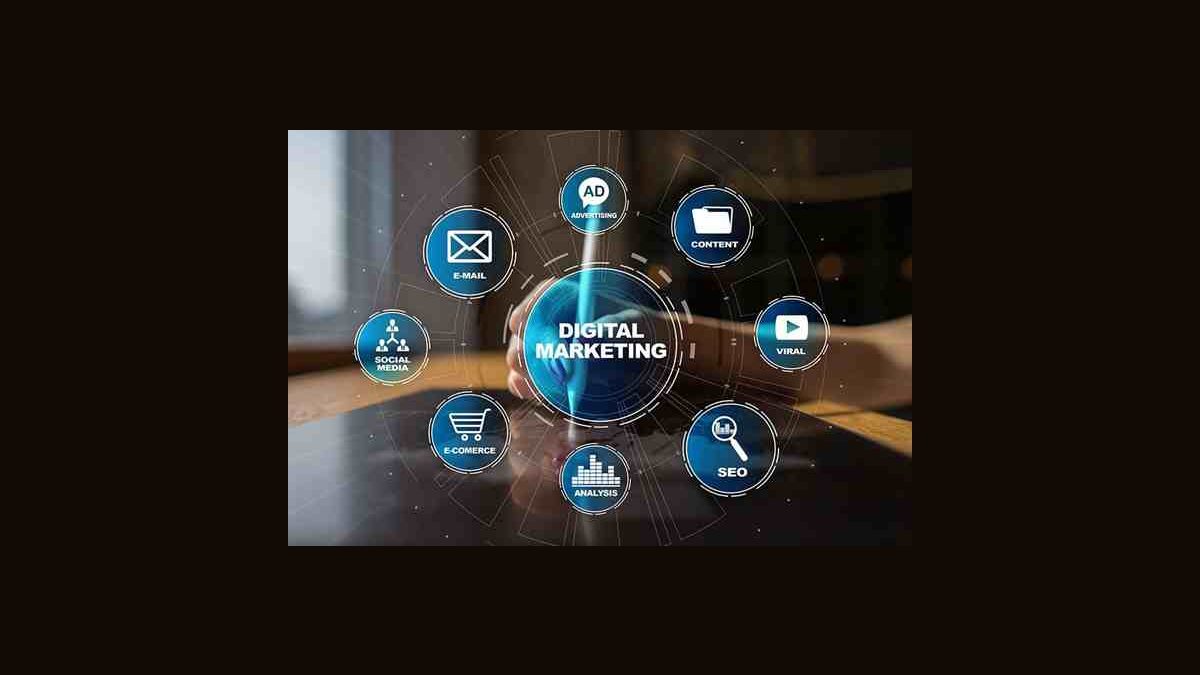In the digital landscape, effective Search Engine Optimization is crucial for businesses looking to increase their online visibility and attract more traffic. By optimizing your website for search engines, you can rank higher in search results, reach a broader audience, and ultimately drive more conversions. Here’s how to harness the power of SEO to elevate your brand.
Table of Contents
1. Understand the Basics of SEO
SEO involves a variety of strategies designed to progress your website’s visibility on search engines like Google. The primary components of SEO include:
- On-Page SEO: Optimizing content and HTML source code on your website.
- Off-Page SEO: Building external links and establishing authority through backlinks.
- Technical SEO: Enhancing the backend of your site for better crawling and indexing by search engines.
2. Conduct Keyword Research
Keyword research is the foundation of effective SEO. It involves identifying the phrasesand terms your target audience uses to search for services or products. Here’s how to approach keyword research:
- Use Tools: Leverage tools like Ahrens, Google Keyword Planner or Serums to find relevant keywords.
Analyze Competitors: Look at what keywords like “seo online marketing” your competitors rank for and identify gaps you can exploit.
- Focus on Long-Tail Keywords: These are longer, more exact phrases that naturally have less competition and higher conversion rates.
3. Optimize Your Website Content
Once you have recognized your goal keywords, it’s time to optimize your website content:
- Create High-Quality Content: Write informative, engaging, and relevant content that answers users’ questions. Incorporate your keywords naturally.
- Use Headings and Subheadings: Organize content with H1, H2, and H3 tags, making it easier for search engines to understand your page structure.
- Optimize Meta Tags: Craft compelling title tags and Meta descriptions that include your target keywords and encourage clicks.
4. Improve Technical SEO
Technical Search Engine Optimization ensures that search engines can crawl and index your site effectively. Key aspects to consider include:
- Site Speed: A fast-loading website improves user experience and can positively impact your rankings. Use tools like Google Page Speed Insights to identify issues.
- Mobile Optimization: Confirm your site is mobile-friendly, as search engines prioritize mobile usability.
- Secure Your Site: Implement HTTPS to secure your site, which is a ranking element for Google.
5. Build Quality Backlinks
Backlinks are links from other websites like to yours and play a important role in determining your site’s authority and ranking. To build quality backlinks:
- Create Shareable Content: Produce valuable content others need to link to, such as in-depth guides, infographics, or original research.
- Guest Blogging: Contribute articles to reputable sites in your industry, including a link to your site.
- Network with Influencers: Build relationships with industry Experts who can share your content and link to your site.
6. Leverage Local SEO
For businesses with a physical presence, a local digital content marketing agency is essential. Here are some strategies:
- Google My Business: Create and optimize Google My Business listing to appear in local search solutions and Google Maps.
- Local Keywords: Incorporate local keywords into your content, such as city or region names.
- Customer Reviews: motivate satisfied customers to leave positive reviews on your Google listing and other platforms.
7. Monitor and Analyze Performance
Regularly tracking your SEO performance helps you identify what’s working and where to improve. Key metrics to monitor include:
- Organic Traffic: Use Google Analytics to path the sum of visitors coming from search engines.
- Keyword Rankings: Use tools like Moz or Ahrens to track how your keywords are performing.
- Bounce Rate: Analyze the percentage(%) of customers who leave your site after viewing only one page; a high bounce rate may indicate content issues.
8. Stay Updated with SEO Trends
SEO is constantly evolving. Stay informed about the newest trends, algorithm updates, and best practices by following reputable SEO blogs and participating in webinars. Some resources include:
- Moz Blog
- Search Engine Journal
- Neil Patel’s Blog
Conclusion
By implementing effective SEO strategies, you can significantly improve your website’s visibility, attract more traffic, and ultimately achieve your business goals. Focus on understanding your audience, optimizing your site, making high-quality content, and building authority through backlinks. With dedication and continuous effort, you can rank higher and reach farther in the digital landscape. Embrace SEO as a fundamental component of marketing strategy, and watch online presence flourish.

